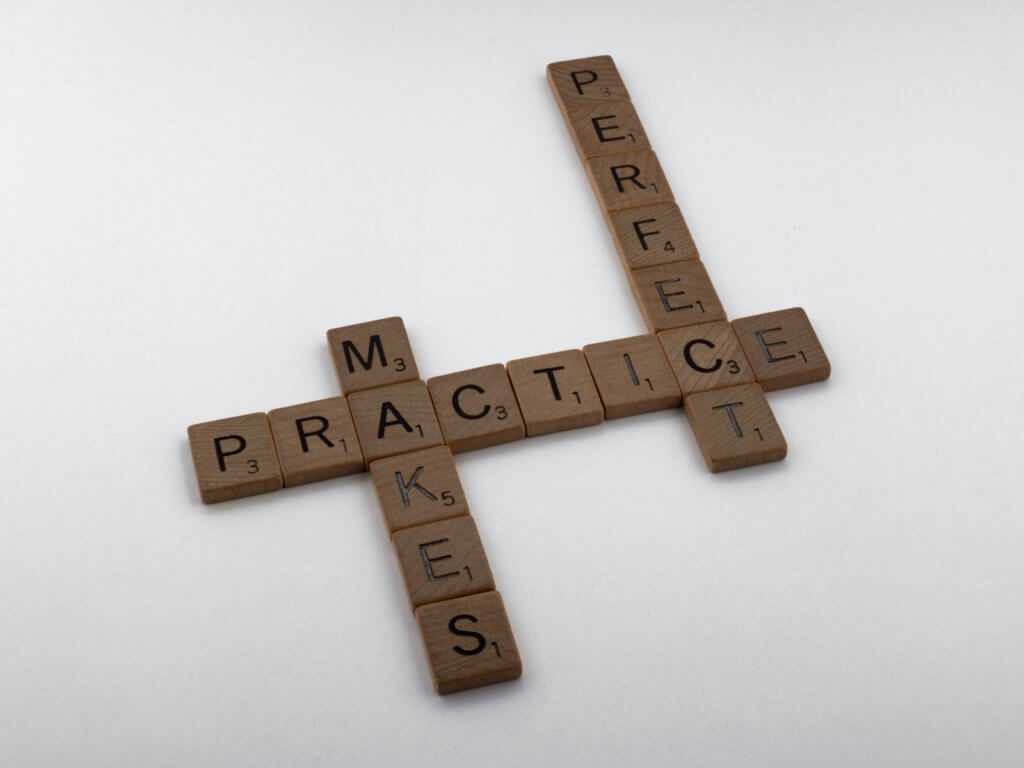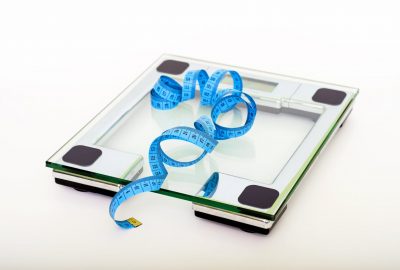How ‘Deliberate Practice’ Can Improve Your Health and Fitness
Ever heard of the 10’000 hours rule? It’s the idea, popularized by Malcolm Gladwell, that it takes 10’000 hours of practice at an activity to ‘master’ it. The rule is based on early research by Professor Ericsson et al. (1993) who looked at violinists and pianists, finding that the biggest factor deciding their levels of talent was the total number of hours they had practiced.
The problem is, there’s a big difference between quality of practice and quantity of practice, and in oversimplifying Ericsson’s research, popular conceptions of his idea may actually be missing out on the crucial role that quality, or ‘deliberate’ practice plays in the development of skills. In this article we’ll be looking at what deliberate practice is, how it can improve your health and fitness, as well as providing a couple of practical tips to help you implement it.
What is ‘Deliberate Practice’?
As we hinted at above, deliberate practice is quality practice, specifically practice in which your awareness is clearly drawn to what you’re doing, and what you’re aiming to improve.
To use a gym-based example, let’s say you have two people, both trying to learn the squat. We’ll call them person A and person B (Catchy right?)
- Person A puts on their music, loads up the bar and gets going. In between sets they maybe check their phone, or perhaps they chat briefly to someone they know in the gym.
- Person B also has their music, and they load up the bar just the same, but with each set they’re actively thinking about 1 thing to try and improve. In between sets they might ask for someone’s feedback or check their phone if they’ve recorded their own set.
Who do you think is going to master the movement quicker?
Person B, of course, because they’re paying much more active attention to what they’re doing, they’re performing ‘deliberate practice.’
How Does Deliberate Practice Improve Your Health and Fitness?
If we take the squat example we used in the last section, that exact same logic can be applied to literally every exercise you perform…
- Squats
- Lunges
- Press Ups
- Pull Ups
- Jumps
- Core Work
And so on and so forth.
With deliberate practice you’ll be performing every exercise with better technique, which makes the exercise more effective and reduces the likelihood of you injuring yourself through repetitively performing the movement with bad form. For more on this, check out our article on your virtual personal trainer.
You’ve also got to factor in the mental benefits of deliberate practice. For example, if you know that you’re performing your exercises with good form, how much more confident are you going to feel walking into the gym? And how much more confident are you going to feel about adding extra weight to your dumbbell or barbell?
Similarly, if you’re focused on what you’re doing and reviewing your performance, you can’t be distracted with things like checking social media, which means you’ll have far more productive and time-efficient workouts.
Practical Tips for Using Deliberate Practice
Alright, so we’ve sold you on the benefits, but how do you actually go about using deliberate practice as part of your health and fitness training?
1) Immediate Feedback
One of the simplest, most effective ways to create deliberate practice is to use a form of immediate feedback. In the gym, this typically means a coach or trainer watching over you. At home, this might mean using a virtual personal trainer technology like kemtai that can analyze your exercises and provide real time technique feedback.
2) Rigorous Skills Assessment
There’s no way to know if you’re improving unless you’re actually measuring something. In their study of clinical skills, Duvivier et al (2011) suggested that deliberate practice should involve rigorous skills assessment for exactly this reason. In a health and fitness context, a simple way to do this would be to record your exercises and look for improvements over time. Some suggestions include…
- Are you able to stay more braced?
- Is your range of motion improving?
- Does the movement look more stable?
- Is each repetition more consistent than before?
3) Proactive Goal Setting and Reviewing
The vast majority of people aiming to improve their health and fitness don’t set goals, and even when they do, the goals they set don’t actually facilitate increased performance because they’re unrealistic, vague or impossible to measure.
Deliberate practice requires SMART goals, as in goals that are…
Specific: e.g. I’m going to lose 8lb in the next 4 weeks Vs I’m going to lose weight.
Measurable: e.g. I’m going to reduce my waist by 2 inches Vs I’m going to feel sexier.
Achievable: e.g. I’m going to get 20% stronger in the next 12 weeks Vs I’m going to get 100% stronger in the next 12 weeks.
Relevant: e.g. I’m going to work out 3 times per week to get fitter Vs I’m going to read 3 books about cycling every week to get fitter.
Time-Bound: e.g. I’m going to run a marathon Vs I’m going to run a marathon within the next six months.
Using these SMART goals keeps you more focused and allows you to accurately review your progress, both of which are essential features of deliberate practice.
Summary – Deliberate Practice
Deliberate practice is best described as practice with awareness and intention. It has been shown to improve the quality and speed of learning new skills and can improve your health and fitness by reducing injury risk, increasing the effectiveness of your training and boosting confidence. To use deliberate practice, aim to actively create SMART goals, frequently assess your skills, and gain immediate feedback wherever possible.
Last but not least, remember that deliberate practice is a skill in of itself. Being able to focus your attention on a specific task for extended periods of time doesn’t come easily, especially in today’s world of almost infinite distractions. Allow yourself time to introduce elements of deliberate practice, and don’t feel like it has to be an ‘all or nothing’ equation.
Do what you can, get the benefits, and build on your success over time.
References / Further Reading
Duvivier, R. J., van Dalen, J., Muijtjens, A. M., Moulaert, V., Van der Vleuten, C., Scherpbier, A. (2011). The role of deliberate practice in the acquisition of clinical skills. BMC Medical Education, 11: 101.
Ericsson, K. Anders, Krampe, Ralf T., Tesch-Römer, Clemens (1993) The role of deliberate practice in the acquisition of expert performance. Psychological Review, Vol 100(3), Jul 1993, 363-406


